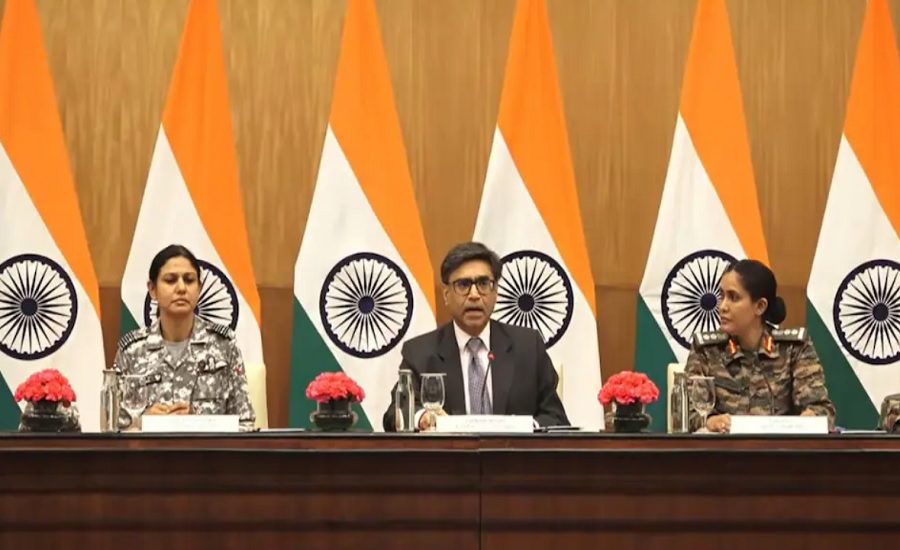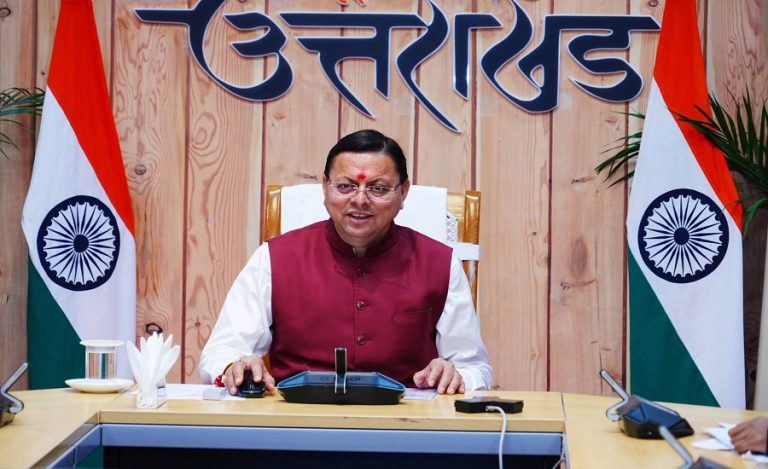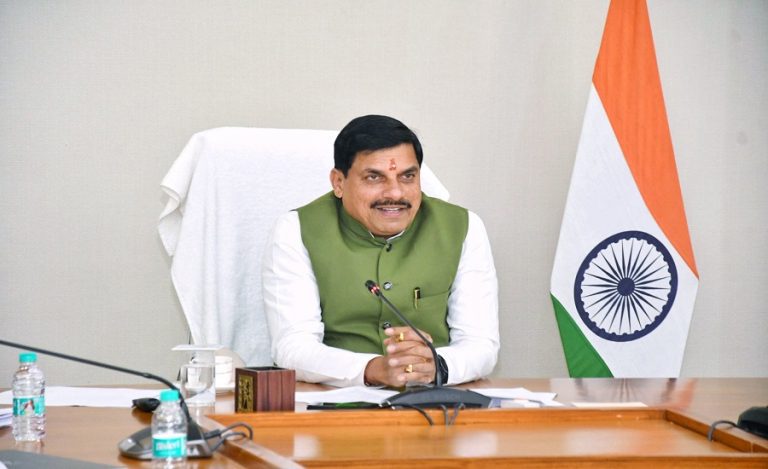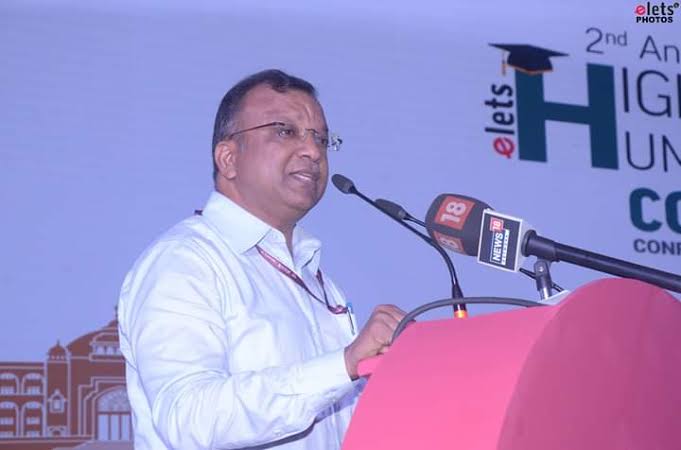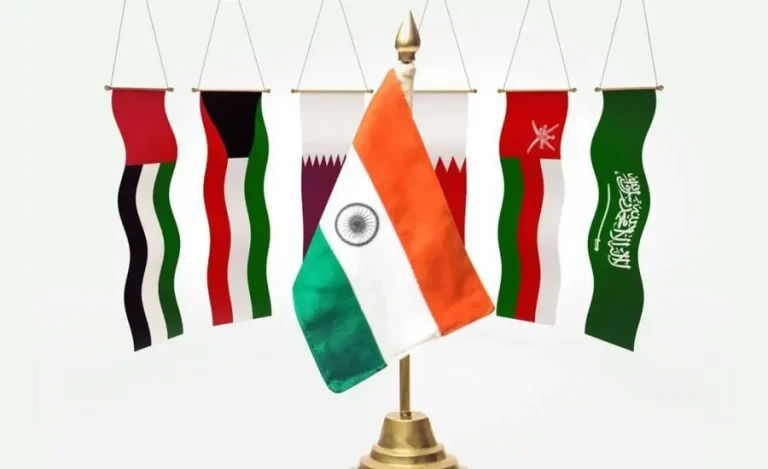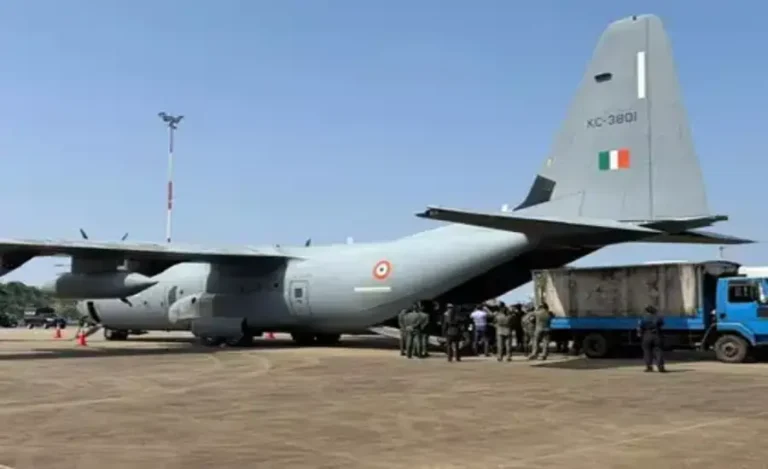New Delhi: In a major revelation following Wednesday night’s unprecedented drone and missile assault by Pakistan, India’s Foreign Ministry confirmed that Turkish-made drones were used in the multi-city attack. Forensic analysis of the drone debris has identified Asisguard Songar UAVs, a Turkish model typically deployed for surveillance and precision strikes.
The revelations were made during a high-level press conference addressed by Foreign Secretary Vikram Misri, Colonel Sofia Qureshi of the Indian Army, and Wing Commander Vyomika Singh of the Indian Air Force.
400 Drones, 36 Targets: Massive Cross-Border Intrusion
Colonel Qureshi described the events of May 7–8 as a “deliberate and large-scale intrusion” into Indian airspace, with Pakistan launching 300–400 drones across 36 strategic locations, spanning from Leh to Sir Creek. Heavy caliber shelling was also reported along the Line of Control (LoC).
“The Pakistani army attempted to target Indian military installations and test our air defense systems,” said Col. Qureshi, adding that the Indian forces neutralized the drones using both kinetic and non-kinetic countermeasures.
India Retaliates with Precision Drone Strikes
Responding to the attack, India deployed armed drones on four Pakistani air defense positions, destroying at least one radar installation, according to Wing Commander Vyomika Singh. She also confirmed that armed UAVs and heavy artillery were used by Pakistan in attempted strikes on Uri, Poonch, Mendhar, Rajouri, Akhnoor, Udhampur, and even Bathinda, where a drone targeting a military station was intercepted mid-air.
“Several Indian soldiers sustained injuries, but Pakistan suffered significant damage in our calibrated retaliation,” she said.
Pakistan Using Civilian Flights as Shields: India Warns
Foreign Secretary Vikram Misri condemned Pakistan’s actions as “reckless and provocative”, revealing that Pakistan did not shut its civilian airspace despite initiating the attack.
“By keeping its civilian airspace open while launching missiles and drones, Pakistan is endangering innocent lives, including those aboard international flights,” Misri said, calling the tactic a dangerous attempt to use commercial aviation as cover.
He emphasized that India’s response was measured, forceful, and aligned with its right to self-defense.
Key Highlights from the Briefing
- 400 drones launched by Pakistan across strategic Indian sites.
- Forensic analysis confirms use of Turkish Asisguard Songar drones.
- 36 intrusion points detected; all drones neutralized by India’s air defenses.
- India launched precision drone strikes on Pakistani radar systems.
- Heavy shelling and UAV attacks in J&K; casualties reported on both sides.
- Pakistan violated aviation safety norms by keeping civilian airspace open during hostilities.
The use of foreign-made drones and the scale of Pakistan’s drone incursion mark a sharp escalation in hostilities. India’s military and diplomatic response indicates a strong stance on territorial integrity and national security.

